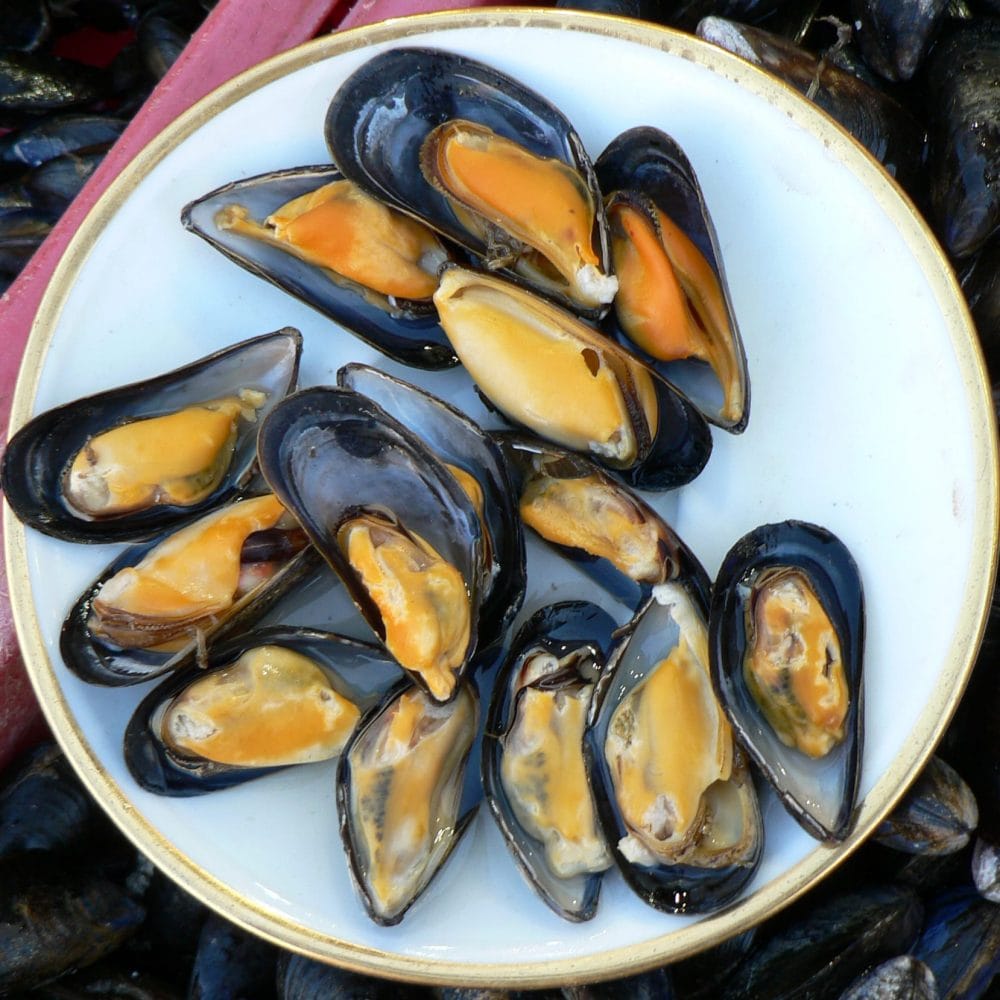New Zealand Food Safety is urging consumers not to eat mussels being sold illegally at independent retailers or online.
The sale of imported mussels is carefully controlled to ensure they meet New Zealand’s food safety requirements. While mussels from Fiji may be brought into New Zealand for personal use, they cannot be sold.
Deputy director general Vincent Arbuckle says Fijian mussels have been removed from sale at some smaller retailers catering to Pacific Island communities, and online.
“As New Zealand Food Safety has not assessed Fiji’s growing, harvesting and processing controls for mussels we cannot be confident that the mussels don’t pose a food safety risk to consumers.”
The mussels are also known as: Nakai, Naakai, Nakaai, Kai, Batissa violacea and Fresh Water Mussels.
“It’s vital that mussels available to buy for members of the public are safe to eat. Knowing where the mussels you want to buy have come from can help reduce the risk of any potential health problems.
“Our message to people buying mussels is that if you are in any doubt, ask the retailer where the product has come from. If it is from Fiji, the mussels should not be for sale.”
Mussels are a higher risk food because of the way they feed, which increases the likelihood of contamination from bacteria, viruses, toxins and chemicals.
Eating contaminated mussels can lead to significant illness for vulnerable people, including the very young, the elderly, pregnant women and those with compromised immune systems.
“New Zealand Food Safety will monitor the situation and will act quickly to remove illegal mussels in the interests of public health.
“In the meantime, we’d like to empower consumers to be on the lookout for illegal mussels. This applies whether you are making a regular visit to your local specialty store or browsing social media feeds.”
Anyone worried about their health should contact their GP or call Healthline 0800 611 116.
If you are aware of the sale of mussels from Fiji, contact New Zealand Food Safety by:
phone: 0800 00 83 33
email: [email protected]
or through our online ‘make a food complaint’ tool

